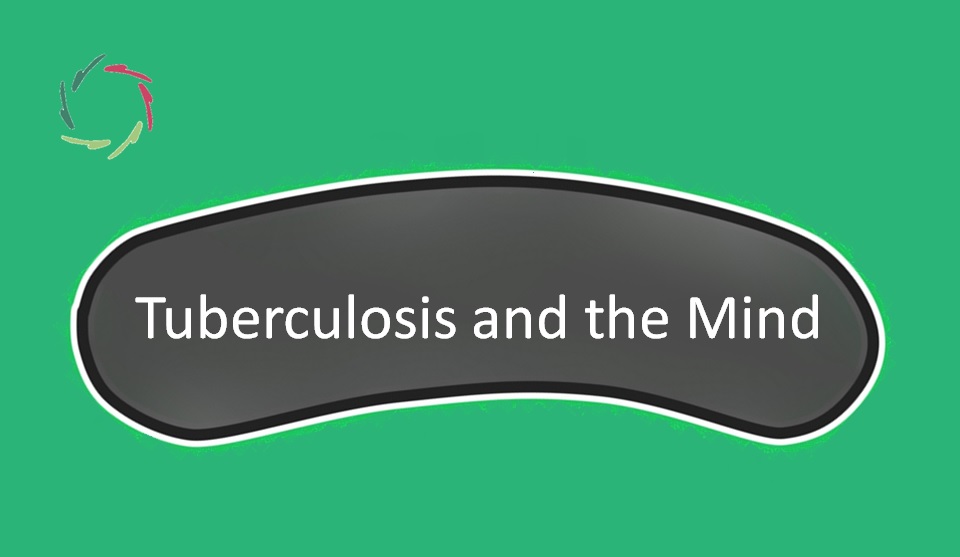If it works, then it’s OKAY?

This is definitely not sufficient. You need to know what works and towards what.
Nothing works without a ‘towards what’
For instance, a hammer doesn’t work unless you use it towards some purpose. If you use it as a paperweight, then that’s the purpose, towards which the hammer probably works.
Without a ‘towards what’, the hammer is nothing. With an incorrect ‘towards what’, the hammer may be used inappropriately or even backfire, with as result a terrible headache.
If you use any medicine, towards what should it work?
Many people would say: towards relieving my symptom(s)… and that’s it.
I don’t, at least not just like that.
Others would say: towards curing my disease… and that’s it.
I would say: in psychosomatics, there isn’t even a ‘disease’ as we generally understand that concept.
This complicates things. Can we make them simple again? I guess so, by using one word:
growth.
Thus, instead of relieving symptoms just like that, or curing a disease that isn’t there – in psycho-somatics – one can posit ‘growth’.
Does medication promote growth? Hardly.
Does any kind of placebo-based medicine promote growth? No.
This of course doesn’t mean that you should have pain unnecessarily.
But if you have chronic pain and you take your painkillers just like that, than you may deny an important goal (the ‘towards’) of your pain itself. The result is obvious: more pain. So, getting the ‘towards’ right is more important than a ‘just like that’ may accomplish.
Your final purpose may be happiness
Fine. Nature’s goal however is not your happiness but your growth. [see: ‘Growth to Happiness’] Thus, in order to attain your goal of happiness, it’s quite logically better to focus on growth.
If ‘what works’ = yourself, then it’s better to respect this.
Then it’s much better to deeply respect yourself. Dear reader, is this not obvious to you… as it is to me? In any case, to me it’s clear without any further ado. Above that, to not respect oneself makes one vulnerable and dependent on… anything. It’s stating that one is as total person less respectable than… anything, where ‘anything’ can be for instance: some steel needles, some plain water, some tapping with one’s fingers on one’s forehead (indeed), some ‘holy’ procedure, some voodoo procedure, some already for a long time disproven medication or medical procedure, etc. etc.
Anything goes because behind it lies always the same active principle: you as total person, the most complex thing on earth, what should be valued most, the source of all meaning and zest for live, what gives you an appreciation of beauty and so much more.
I don’t follow the above disrespectful thinking. To me, every human being – including you – is very valuable. [see: ‘Being of Value’]
Now as to ‘side-effects’: vulnerability leads to many.
It’s like crossing a street with eyes closed. Are there cars driving along the road? Will such person be injured or even killed? Why would he undertake such a reckless action?
The answer is simple: he wouldn’t if he would understand the danger. With placebo, the ‘danger’ is not as immediate as in the street-example, but at long term, it may be as outspoken [see: ‘Placebo Is Not Good for You’]
Please open your eyes. It’s important for you, for people near you and eventually for so many.
This makes ‘what works’ VERY relevant.


